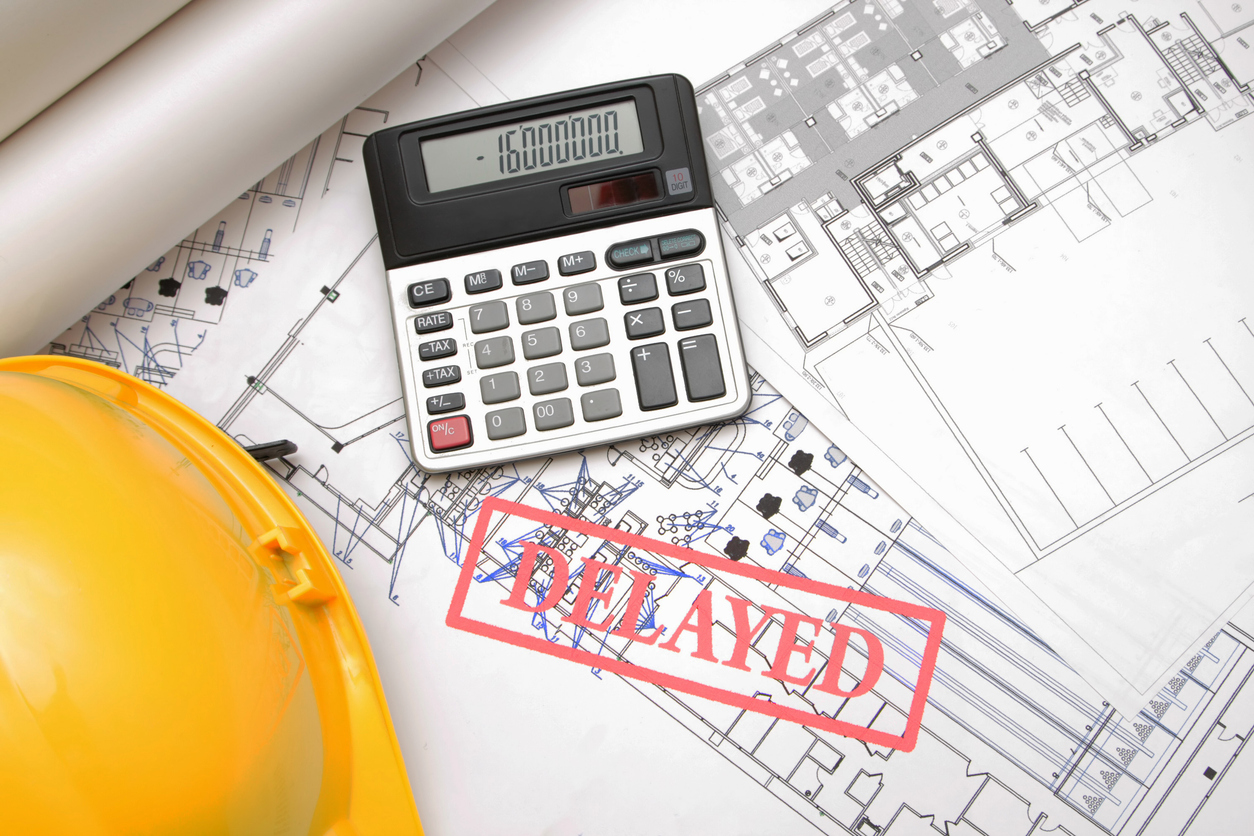A longtime accountant friend working on a builders risk insurance claim called me yesterday. The particular issue involved continuing expenses and soft costs covered during the lengthened period of restoration. He told me that the independent adjusting firm for the Lloyd’s based market syndicate retained a third-party engineering firm that recently bought a forensic accounting firm.
My accountant friend then explained that the new accountant consultant for the Lloyd’s Market was disputing that the real estate taxes and lenders interest were not soft costs and “continuing expenses.” He said that he could not find anything on my blog about those items being continuing expenses. My response was, “That is the stupidest thing I have ever heard. It is such a basic accounting concept. It is like the insurer is saying 1+1 does not equal 2.”
The first lesson from this blog post is that all adjusters must be competent to handle the types of losses to which they are assigned. You cannot blindly say that you are going to solely rely upon third-party consultants if you do not understand some basic principles about the nature of the claim you are assigned to adjust and claim competency because you hired a consulting expert to help—what happens if the consultants are ignorant or outcome oriented for whatever reason?
Our law firm has three in-house CPAs. One of them, Donice Krueger, was sitting next to me, listening to the conversation and my frustration with an insurance consultant not understanding “soft costs” and continuing expenses. She then proceeded to do some quick research and found this on the Amwins website:
The following are some of the most common soft costs associated with construction delays:
• Advertising and promotional expenses to announce a new opening date
• Interest on construction loans
• Additional permit fees and re-inspection fees
• Architects, engineers and consultant fees for revised plans
• Insurance premiums
• Real estate and property taxes
• Extended General Conditions
Krueger quickly found another ‘Ultimate Guide to Builders Risk’ article, which stated:
Soft Costs
There are a lot of ‘soft costs’ associated with a building project that’s delayed due to construction damage. Additional interest on financing, real estate taxes, architectural fees, and permit fees all add up over time and push your project over budget.
She also found an article written by a Zelle lawyer and a JS Held foresight accountant consultant, which noted the lender’s interest is a continuing soft cost that could be a variable increasing cost that is covered:
First, loan costs will comprise an even larger portion of builder’s risk claims.
Construction delays frequently cause increased interest expense, but with rising interest rates, such costs are growing. We expect to see claims for further downstream impacts such as claims for higher interest rates on variable rate loans or higher rates on permanent financing. A four-month delay between July and November 2022 is the difference of over 2 percentage points at prime.
The new landscape may also complicate refinancing arrangements that further slow completion of construction or drive indirect effects on project capitalization.
This was the situation in Indianapolis Airport Authority v. Travelers Property Casualty Co. of America, where the court held that bond interest paid from a capitalized account instead of revenue constituted a ‘soft cost’ because the unanticipated draw-down left the insured with less money to spend on other endeavors. This was despite the fact that the total interest paid did not exceed the budget. Creative financial solutions to deal with rising rates may lead to creative arguments from policyholders.
I do not know why anybody would call it “creative.” It is basic business that the original financing costs may vary higher or lower after a delay. Still, the point of the insurance industry is that these “soft costs” are common and paid. In addition to the three that I just cited, Donice found four more cites in five minutes that explain that lenders interest expense and real estate taxes are “soft costs.”
I warned my accounting friend that there is an exception that is happening with greater frequency. The builders risk forms are starting to define what constitutes soft costs and increasingly omitting many previously agreed upon continuing expenses that are traditionally covered as soft costs. This is especially true with surplus lines forms. Another lesson to this post is to always read the full policy because policy definitions can change basic insurance and concepts. This was highlighted in The Builders Risk Book—A Great Reference Source For Those Involved With Builders Risk Insurance and Coverage Issues:
There is no standard builders risk policy, and builders risk coverage provisions are sometimes open to negotiation.
Earlier this week, I noted an article by William Goodman in “The Public Adjuster” — An Article Every Public Adjuster Should Be Required To Read. One of Goodman’s points was that adjusters assigned to claims must be professionals and fully competent to handle all the issues of a claim. Anticipating that public adjusters would be retained to handle commercial losses, he argued that public adjusters must study business to be considered professionally competent.
This example from this builders risk claim dispute shows why all property insurance adjusters, company, independent, and public adjusters must study business concepts if the loss involves business interruption. You cannot blindly turn these claims over to consultants. You are the one responsible for ensuring that the policy promptly and fully pays the policyholder after a loss occurs.
For those further interested in the topic of builders risk losses and soft cost claims, I suggest reading Builders Risk Insurance and Soft Costs Claims.
Thought For The Day
Formal education will make you a living. Self-education will make you a fortune.
– Jim Rohn




